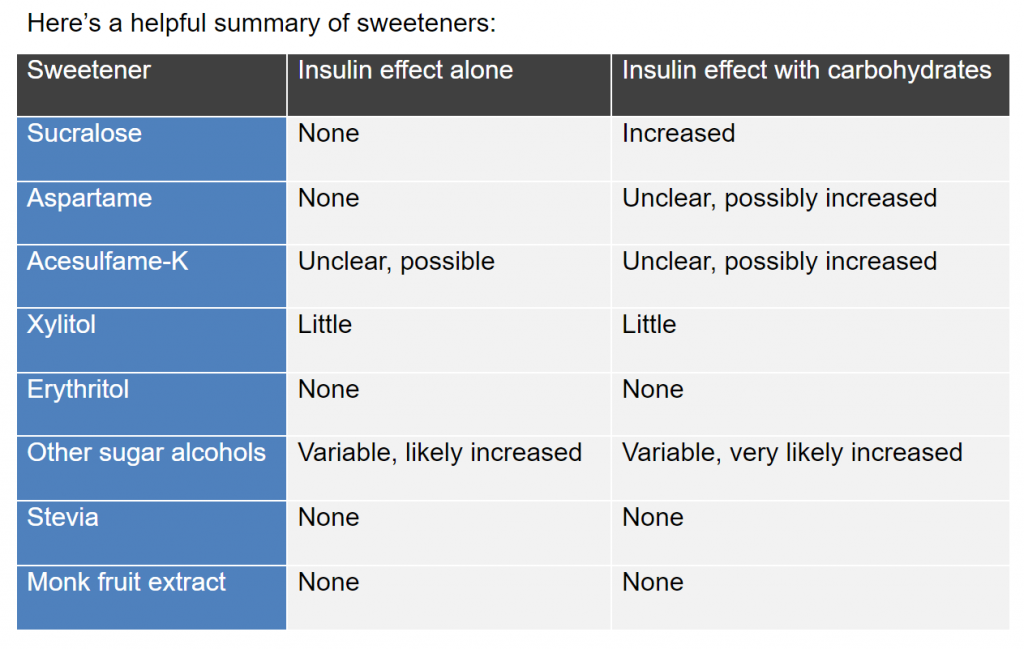Mimicry
Senior Member
- Messages
- 180
I just drank an energy drink with sucralose and within 20 minutes my brain fog, vision problems and lightheadedness got worse. I've noticed the same effect from acesulfame-K, aspartame and erythritol (which is unfortunate because I'm on keto diet but absolutely love sweet treats). Coffee doesn't cause these symptoms for me so I know it's not the caffeine.
I tried to find out the exact mechanisms how sweeteners cause this effect but the only scientific papers I found only talk about long-term effects. I didn't find anything that explains how they immediately cause symptom exacerbation. I know for a fact that sensitivity to sweeteners is relatively common, I've seen people talk about on migraine groups on fb. I just have zero idea why. Anyone here have any clue?
I tried to find out the exact mechanisms how sweeteners cause this effect but the only scientific papers I found only talk about long-term effects. I didn't find anything that explains how they immediately cause symptom exacerbation. I know for a fact that sensitivity to sweeteners is relatively common, I've seen people talk about on migraine groups on fb. I just have zero idea why. Anyone here have any clue?

